Could you introduce yourself to our readers?
My name is Maria, I am a New York comedian, actor and writer. I got my Bachelor of Fine Arts in acting, and I've been doing comedy, improv and stand up in NYC for a while. This year I brought my hour stand-up show to the Fringe, and I also came with a play that’s a mix of stand-up and theatre and storytelling, which was written by Mike Lemme.
How was your first Fringe experience?
I really enjoyed it! It was a very overwhelming experience, but in a good way. It challenges your stamina as a performer and how much you can show up and be focused when you have five minutes to get in and turn stuff around. I feel like because of this experience I’ll be able to perform in any setting and situation, which is pretty cool.
I also enjoyed seeing other shows and being exposed to people from all over the world, particularly all these young passionate artists who are just trying to get their voice out there. I love to see young people doing live theatre because I feel like so much is digital now with TikTok and Instagram - not that there’s anything wrong with that kind of creating, I do that too, but it’s really cool to see young people invest in theatre.
How have your Fringe audiences differed from your NYC audiences?
That’s a great question! UK audiences are definitely quieter, which has been an interesting experience, because I do my show and people do laugh, but very quietly, and afterwards I think everyone hated it and they say they loved it! You can always tell when there are Americans in the crowd because they’re so boisterous and loud. You guys react very differently. But I’ve been really enjoying the reception afterwards because people will come up and talk to me after and I realise that it did really affect them and they did really enjoy it, so that’s been a good lesson for me: just because people aren't audibly reacting doesn't mean they’re not invested or interested.
What’s it like being a woman in comedy?
Ooof. It’s interesting. It’s changing - I remember when I started doing stand up, maybe six years ago, I would do open mics in NYC, and a lot of them were not welcoming places for women. A lot of times I was one of the only women out of thirty men, and they had already decided they didn’t want to hear feminist material, but then they’d go up and make a load of r*pe jokes and I was supposed to just sit there and take that.
But in the past few years a lot more inclusive spaces have been opening up, which is great because you can try jokes you know people are excited to hear. I don’t think my comedy is for everyone, and that’s fine. My audience likes my comedy because they can share some of my perspective, and I think it’s important to have people like that in your crowd when you’re starting out, to encourage you and tell you your voice is valid, your perspective is valid, and what you’re saying has merit and truth.
It’s been hard for me to find a mentor figure in comedy. I have always really wanted a mentor who is a woman who’s a bit older than me, but a lot of women who are at the next stage of their career in comedy will have men open for them, not women. I heard from a big comedy agent that some women don't want other women opening for them because they feel they have to be the only woman in the room, because they had to fight for that spot and they don't want it to be taken away from them. This isn’t true for every female comic, of course. I know some do have women openers; I just want to be one of them!
Has the acting world been more accessible, for you?
Even with everything I’ve just said, stand-up is very accessible because you can just go to an open mic, and a lot of them are free - that's how I learned, and it’s really empowering because you create your own work, and you’re on stage and people are seeing you. You’re not only learning to be a writer, you're also asking yourself questions you wouldn’t normally ask yourself. I always think of stand-up as a character study of yourself. It helps you get closer to yourself as a performer and as a person.
In acting the industry is very gatekept because you have to know the right people. To even get an audition you have to have the right agent, so it’s hard. I definitely do more stand-up than acting.
Your showreel includes lots of impressions - what is it you like about them?
Impressions are a good challenge for yourself as an actor to see how specific you can get with a person. How can I really get to what they do with their voice when they’re about to laugh; what are their gestures, what do they mean; why do they do that with their hands, with their face? It’s a great exercise in acting to just learn a person, and get down to the nitty-gritty of why they talk like they do and why their voice lives where it lives.
Your videos lip-syncing former New York Governor Andrew Cuomo’s daily COVID briefings went viral; what was it like going viral? And did you ever hear from Cuomo?
I did, yeah. I’d been doing the videos for a few months, and his secretary called me and asked if I had a minute to talk to the governor. I was freaking out, but he was pretty nice - he said his daughters loved my videos, and he thanked me for making people laugh.
Going viral is an interesting experience. It’s really cool to see you made something that resonated with people, or made people laugh, especially during that time, and what I cherished the most were the messages I got from people saying they looked forward to my videos or that I kept them going through that time. I had someone come to my show in Edinburgh from Spain, and the reason he came to Fringe was to see me because he saw my videos during the pandemic, and that’s what’s the most meaningful for me.
Finally, what advice would you give to young people who want to get into the arts?
Things are really different now than when I was starting out - in America the writers’ and actors’ guilds are striking because studios want to replace them with AI - so even I need to remind myself that there might be jobs that are kept from you, but no one can take away your voice or your ability to tell your own story. If you're an actor you’re already accessing this deep part of yourself, so you can go to those places, you can write, you can make opportunities for yourself. I think that’s really important to do as an artist because all these big corporations own everything and want you to do it a certain way, but that’s not the full expression of your being and the way that you want to tell your story. Art will always be a rejection of that - it will always be living in the fullness of your experience and living in the range of feelings we feel as human beings. Being true to yourself and investing in what you want to say and what you want to bring to the world is always going to take you in the right direction.
A huge thank you to Maria for taking the time to do this interview!
This interview has been edited for length and clarity

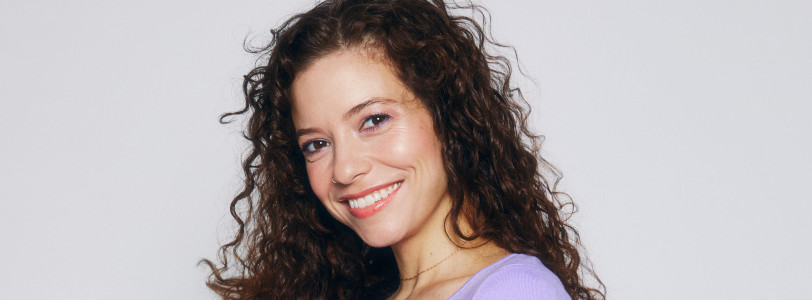
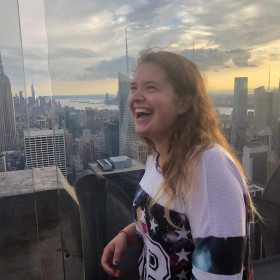
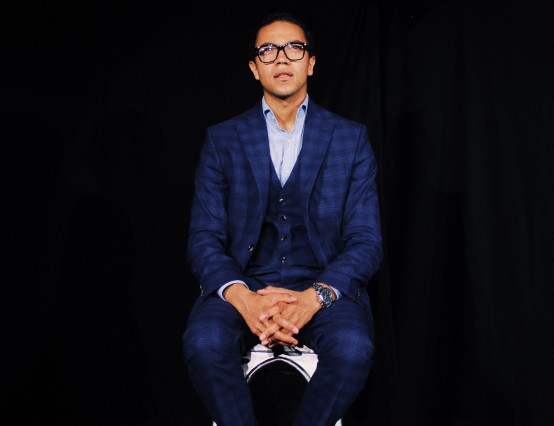
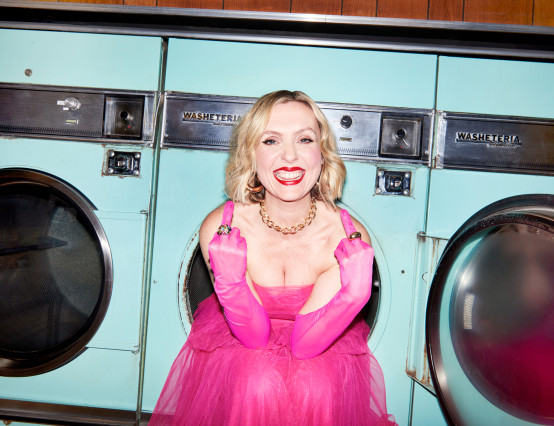
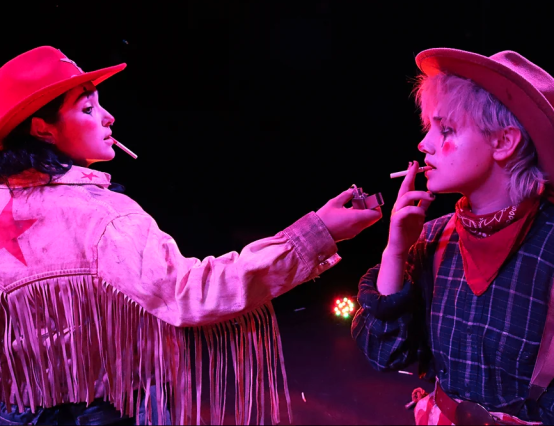



0 Comments